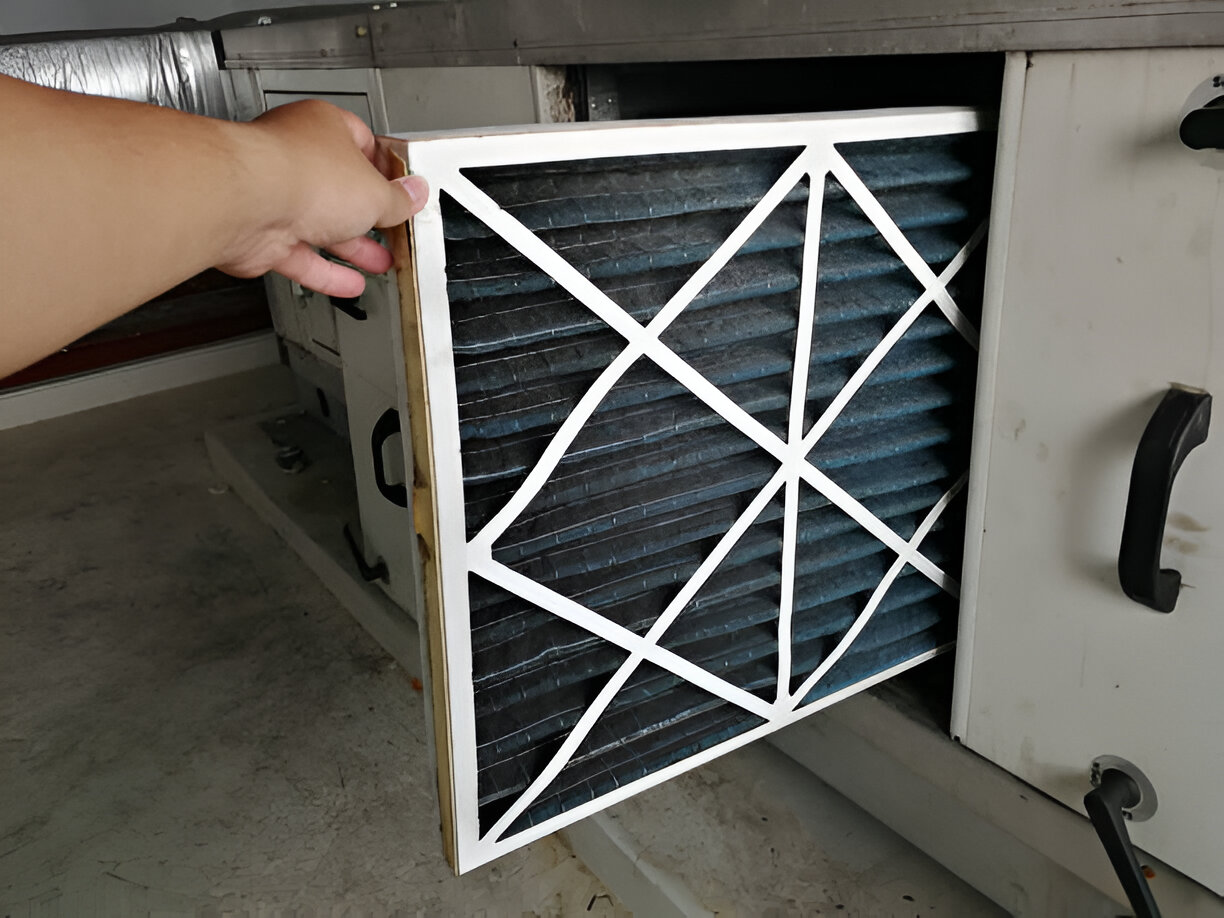Heating Tune Up in Pinery, CO
Keeping your heating system running efficiently and safely through Pinery winters starts with a professional heating tune up. A thorough tune up goes beyond a quick filter change: it checks combustion safety, calibrates controls, inspects airflow and mechanical components, and optimizes system performance so your home stays comfortable while using less energy. For Pinery homes—where cold nights, high altitude, dry air, and seasonal smoke and dust can stress HVAC equipment—annual tune ups are an important step to preserve comfort, safety, and system life.

What a complete heating tune up includes
A comprehensive heating tune up addresses safety, combustion, airflow, controls, and basic optimization. Typical items included:
- Safety checks
- Visual inspection of heat exchanger for cracks or corrosion
- Carbon monoxide and ventilation checks
- Inspection of flue, venting, and exhaust pathways
- Verification of safe ignition and shutdown sequences
- Combustion analysis (for gas-fired systems)
- Measure and adjust gas pressure, flame quality, and combustion efficiency
- Test CO and CO2 levels to confirm safe burner operation
- Adjust burner and pilot settings for optimum performance at local altitude
- Filter and blower inspection
- Assess filter type and condition; recommend or replace as appropriate
- Clean blower assembly, motor, and housing to restore airflow
- Check blower capacitor and motor amperage for wear or electrical issues
- Thermostat calibration and controls
- Verify thermostat accuracy and program settings
- Test system response through heat cycles
- Inspect wiring, relays, and safeties for reliable operation
- System optimization and basic cleaning
- Clean burners, pilot assemblies, and accessible components
- Inspect and lubricate moving parts (where applicable)
- Check duct connections, registers, and basic airflow balance
- Test system start-up, run, and shut-off sequences
- Documentation and recommendations
- Provide a concise report of findings and any recommended repairs
- Note items that affect efficiency or safety and explain priority
Why combustion analysis matters in Pinery
Pinery sits at higher elevation than many communities. High altitude affects air density and the oxygen available for combustion, which can change how a gas furnace burns fuel. A combustion analysis:
- Confirms burners are adjusted for safe, efficient combustion
- Reduces the risk of incomplete combustion that can produce carbon monoxide
- Helps maintain warranty compliance for some manufacturers
For gas-fired furnaces in Pinery, a tuned burner means safer operation and improved fuel economy through the winter months.
Common heating issues in Pinery homes
Local climate and housing stock create predictable problems a tune up can identify and prevent:
- Increased dust and wildfire smoke infiltration that clogs filters and reduces airflow
- Freeze-thaw and snow exposure that can affect exterior venting and flue performance
- Altitude-related combustion adjustments needed for gas systems
- Age-related wear: noisy blowers, failing capacitors, or hard-starting motors
- Duct leaks and poor insulation that reduce heat delivery and efficiency
Addressing these during a tune up prevents emergencies during the coldest periods.
The tune up process — what to expect
A professional heating tune up usually follows a consistent diagnostic and service workflow:
- Review system history and visible condition
- Perform safety and combustion checks (if applicable)
- Inspect and clean blower, burners, and accessible components
- Replace or advise on filters and airflow improvements
- Calibrate thermostat and test control response
- Run performance tests and document efficiency and safety metrics
- Provide a written summary of observations and recommended next steps
Most tune ups take between 60 and 90 minutes depending on system type, condition, and whether additional repairs are required.
Benefits of regular tune ups for Pinery homeowners
Annual heating maintenance delivers measurable advantages:
- Improved safety — early detection of heat exchanger cracks, venting faults, and combustion problems reduces carbon monoxide risk
- Better comfort — consistent heat distribution and accurate thermostat control eliminate cold spots and short-cycling
- Lower energy use — a clean, well-tuned system runs more efficiently, using less fuel to produce the same warmth
- Fewer emergency repairs — routine inspection uncovers small issues before they become costly breakdowns
- Longer equipment life — lubrication, cleaning, and timely adjustments reduce wear on critical components
- Preserved warranties — many manufacturers require annual maintenance to keep warranties valid
For Pinery families, these benefits translate into a safer, more comfortable winter and more predictable household expenses.
Practical maintenance tips between tune ups
You can prolong tune up benefits with a few simple habits tailored to Pinery conditions:
- Change or check filters more frequently during dry, dusty seasons and after wildfire smoke events
- Keep vents and registers unobstructed and inspect visible ductwork for gaps or loose joints
- Install and test carbon monoxide detectors on every level with sleeping areas
- Clear snow and debris away from outdoor venting and appliances during winter storms
- Use programmable thermostat setbacks to reduce runtime while away without sacrificing comfort when home
When to schedule your next tune up
For most Pinery homes, an annual pre-winter tune up is ideal—performed before the first sustained cold period. High-use systems or older equipment may benefit from semi-annual attention. Regular maintenance is the most effective way to protect comfort, safety, and efficiency in the local climate.
A properly executed heating tune up gives Pinery homeowners confidence that their system will run safely and efficiently through the season, while reducing the chance of mid-winter failures and high energy bills.
Customer Testimonials
.webp)
Buy Today, Pay Over Time
Wisetack - 0% APR up to 24 months (on approved credit)







